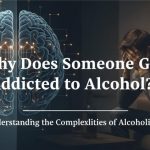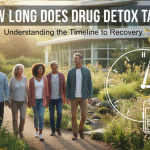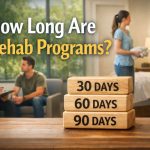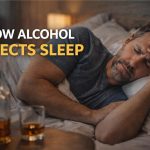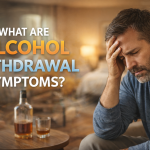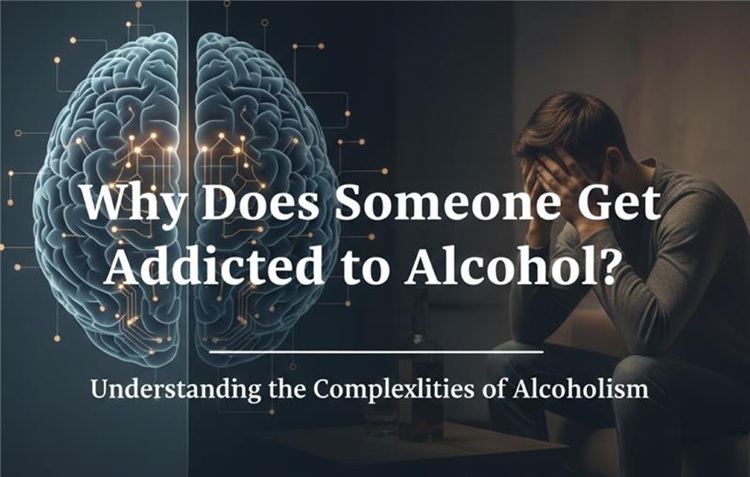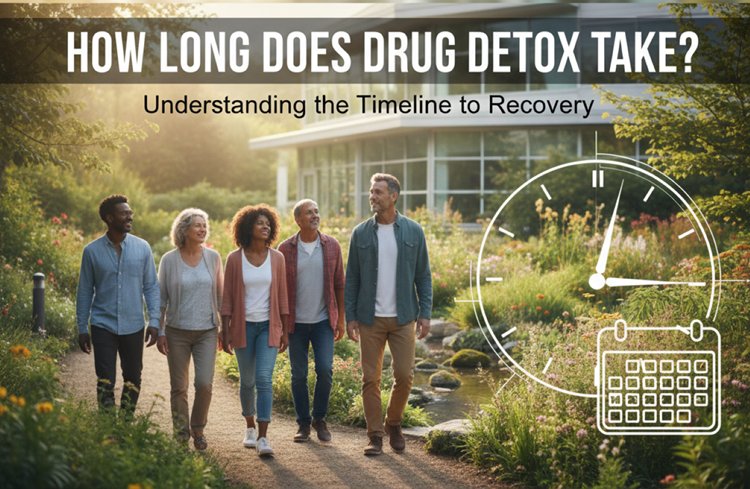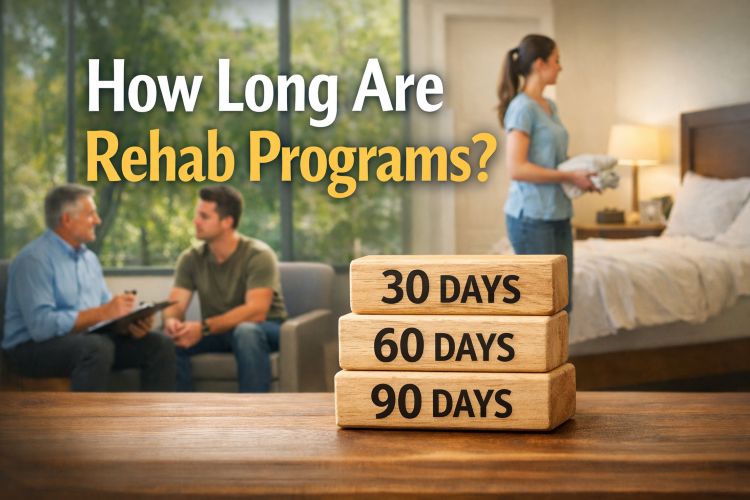Although substance abuse usually takes center stage in the context of addiction, behavioural addictions or process addictions are also serious and are becoming very common. These obsessional tendencies will include gambling, gaming, shopping, or excessive use of the internet, which may interfere with the lifestyle of the individual, detrimentally affect their relationships, and deteriorate their mental condition. Our vision is to provide evidence-based care to people with behavioral addictions in Palm Coast Treatment Solutions, with compassion. This guide will discuss the symptoms, etiology, and course of treatment towards a long-term recovery.
What are Behavioral Addictions?
Behavioral addictions, also termed “process addictions,” are compulsive behaviors that stimulate the reward system of the brain just as substance addictions do. These addictions are not the same as drug or alcohol dependence, as these behaviors tend to become compulsive even when they lead to adverse effects.
Research demonstrates that behavioral addictions are associated with 5-10 percent of the population, which is increasing because of technology and availability. The trends observed in these addictions have been shown in the substance use disorders, and it has thus been established that they are real medical disorders that should be treated by medical personnel.
At Palm Coast Treatment Solutions, we recognize the nature of behavioral addictions and follow the evidence-based approach of treatment that is unique to the needs of a particular patient.
Common Types of Behavioral Addictions
People are capable of getting addicted to behavior towards a large variety of activities. The most popular ones are
- Gambling Addiction – (Also called gambling disorder) refers to the inability to regulate betting and usually brings about dire financial and personal consequences.
- Internet & Gaming Addiction – This is an excessive, compulsive use of the internet or video games to the point that it disrupts normal life and duties as well as physical health.
- Sex or Pornography Addiction – Loss of control over sexual behaviors and urges that may interfere with healthy relationships and lead to a lot of emotional turmoil.
- Shopping Addiction – (Compulsive Buying) This is a compulsive desire to use money, which is usually unnecessary and results in lifestyle debts, addiction clutters, and shame.
- Food Addiction – Characterized by compulsively eating types, usually with a desire to eat certain types of food, and the inability to control intake as well as the persistence of such behavior despite the adverse health results.
Smartphone Addiction The addiction is caused by excessive use of the internet, leading to continual checking of phones due to the feeling of fear of missing out (FOMO), and is usually accompanied by anxiety and insomnia.
There are other accepted behavioral addictions, such as work addiction, exercise addiction and compulsive stealing (kleptomania).
100% Confidential Support is Available 24/7
No matter what you’re going through, you’re not alone. Our dedicated team is here to provide a safe, judgment-free space where you can talk openly and honestly. Whether you need emotional support, resources, or just someone to listen.
We’re here for you—completely confidential and always respectful of your privacy. Call us today!
Signs and Symptoms of Behavioral Addiction
An early realization of the problem can prevent the formation of behavioral addiction.
Key warning signs include:
- Preoccupation: Over and over again preoccupied with the behavior.
- Lack of duty: Disregard of work, school or family duty.
- Unsuccessful efforts to cut back: Repeated efforts to cut back, but with no success.
- Affective: Irritability, anxiety, or depression when not able to perform the activity.
- Money or legal issues: Gambling or shopping addiction issues in particular.
- Social withdrawal: Retreating by isolating his or her loved ones to engage in the behavior.
When these symptoms are familiar one way or another, to oneself or a loved one, perhaps it is time to help oneself professionally.
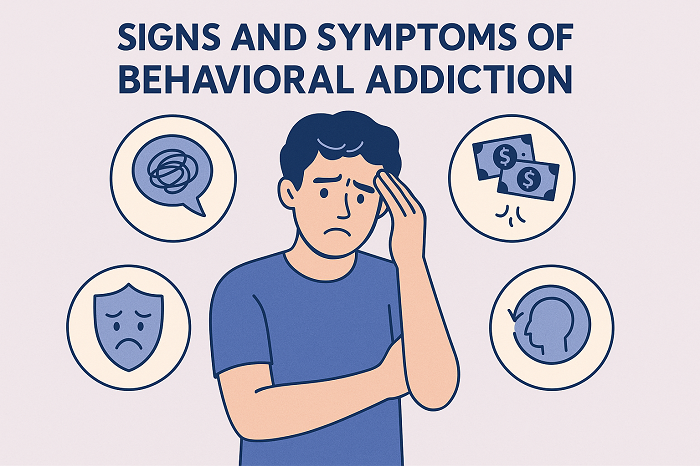
Contact Palm Coast Treatment Solutions
Battling with Drug and Alcohol Addition? Remember, you are not alone and we are here to help you!
Causes and Risk Factors
The behavioral addictions do not emerge in one night. The contributing factors are
- Genetics – Family history of addiction may make one prone.
- Compulsive behaviors may be caused by mental conditions like anxiety, depression, ADHD, and trauma.
- It is also caused by stressful conditions, such as cases of high pressure or a deficiency of healthy coping strategies.
- Some activities can stimulate reward pathways in the brain and the behavior becomes reinforced.
These underlying causes are critical issues that need to be understood to aid treatment. Palm Coast Treatment Solutions is one of the giants in that regard.
Treatment Options at Palm Coast Treatment Solutions
Addiction to behavior at Palm Coast Treatment Solutions is handled in a very holistic and individual way. Our services include:
- Cognitive Behavioral Therapy (CBT): Assists in the process of detecting and eliminating dysfunctional thinking patterns.
- Dialectical Behavior Therapy (DBT): Helps you to cope with feelings and endure distress.
- Group counseling: Peer support and accountability.
- Family therapy: Aims at enhancing relationships and involves family in the treatment.
- Dual-diagnosis care: Prescribes medication due to the co-occurring mental illnesses.
- Aftercare plan: Protects the long-term success by avoiding relapse.
We can go back, and love and not condemnation is the foundation.

Overcome Addiction with Palm Coast Treatment Solutions.
Book an appointment.
Why Choose Palm Coast Treatment Solutions?
Palm Coast Treatment Solutions is a Florida recreational center whose environment is relaxing and inviting. The substance and behavioral addictions of our licensed clinicians make them unique in their needs of the individual, which are adapted to suit the needs of the individual. In case you are not able to stop compulsive gaming and gambling, or any other behavior, our staff will be at your disposal to help you balance and get well again.
Get Control of Your Life.
It is time to create control, in case you have a behavioral addiction. We are willing to assist you in seeking your freedom again and establishing a healthier family and future in Palm Coast Treatment Solutions. The first step to heal yourself is to contact us or refer to our website and consult confidentially. Your recovery begins now.
You Must be Free of Addiction
Bad habits are not phenomena that should be regarded as behavioral addictions but rather complicated disorders that need professional assistance. Healing can take place with the right help, and it may result in transformation. Palm Coast Treatment Solutions will take you to the next level.
Frequently Asked Questions
Are behavioral addictions real addictions?
Yes. Brain imaging studies show behavioral addictions activate the same reward pathways as substance addictions, causing similar neurological changes and requiring professional treatment.
Can you have multiple behavioral addictions?
Absolutely. 30-50% of individuals with one behavioral addiction have another. Common combinations include gambling with shopping or gaming with internet addiction.
How long does treatment take?
Treatment duration varies: Initial intensive phase (30-90 days), followed by ongoing support (6-12 months). Recovery is a long-term process requiring continued vigilance.
Will I have to give up the behavior completely?
Depends on the addiction. Some behaviors (like gambling) may require complete abstinence, while others (like internet use) focus on developing healthy boundaries and controlled use.
Does insurance cover behavioral addiction treatment?
Many insurance plans cover behavioral addiction treatment as mental health services. Palm Coast Treatment Solutions works with most major insurance providers.
Can behavioral addictions be cured?
While there’s no “cure,” recovery is absolutely possible. With proper treatment, individuals can develop healthy coping strategies and maintain long-term recovery.
What’s the success rate for treatment?
Success rates vary by addiction type and individual factors. Generally, 50-70% of individuals who complete treatment show significant improvement.
Can medication help behavioral addictions?
While no medications specifically treat behavioral addictions, medications for co-occurring conditions (depression, anxiety, ADHD) can support recovery.






